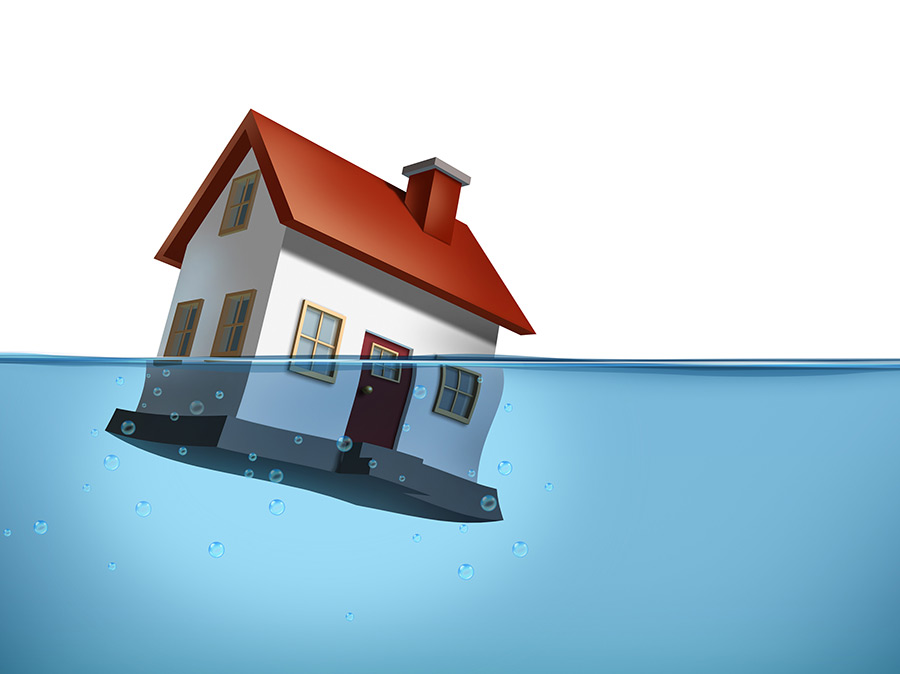Your House's Most Common Triggers of Leakage: In-Depth Analysis
Your House's Most Common Triggers of Leakage: In-Depth Analysis
Blog Article
The writer is making a few great points related to Most Common Causes of Leaky Pipes overall in this article further down.

Leakages not only create waste of water but can additionally cause unnecessary damage to your residence as well as advertise unwanted natural development. By looking and recognizing for everyday situations that cause leakages, you can shield your home from future leakages and unnecessary damage.
Instantaneous temperature level changes.
Extreme temperature modifications in our pipes can trigger them to increase as well as acquire all of a sudden. This growth and contraction may trigger fractures in the pipes, particularly if the temperature are below freezing. It would be best if you kept an eye on how your plumbing works. The presence of the formerly stated conditions often suggests a high risk.
Corroded water supply
This may be the reason of discoloration or warping on your water pipes. If our plumbing system is old, think about replacing the pipes since they are at a greater risk of deterioration than the more recent models.
Defective Pipe Joints
The factor at which your pipes connect is regularly the weakest web link in the waterline. Pipe joints can deteriorate with time, leading to water leaks. The bulk of pipe joints are not conveniently visible. If you have noisy pipelines that make ticking or banging noises, particularly when the warm water is activated, your pipe joints are most likely under a great deal of stress. It is advisable to have your plumber examine your system yearly.
Trespassing origins
Many water leakages start outside the home rather than inside it. You may notice wet spots or sinkholes in your yard, and that could indicate that tree roots are getting into water lines triggering water to seep out.
Poor Water Connectors
Sometimes, a leakage can be brought on by loosened hose pipes and also pipes that supply your home appliances. More often than not, moving is what triggers the loosened water Connections. You could find in the case of a washing device, a pipe might spring a leakage as a result of drinking throughout the spin cycle. In case of a water links leakage, you might observe water running straight from the supply line or puddles around your appliances.
Clogged Drains
Obstructed drains might be bothersome and inconveniencing, yet they can occasionally end up causing an overflow causing rupture pipes. Maintain removing any kind of materials that may decrease your drains pipes that could block them to prevent such aggravations.
All the above are reasons for leaks yet not all water leaks arise from plumbing leakages; some leaks might come from roof covering leakages. All leaks should be repaired instantly to prevent water damage.
Leakages not only cause waste of water however can additionally create unnecessary damage to your house as well as promote unwanted natural growth. By looking and also recognizing for daily scenarios that cause leakages, you can safeguard your residence from future leaks as well as unneeded damage. Today, we will look at six leakage triggers that may be creating your pipes to leak.
At times, a leak can be triggered by loose pipes and also pipes that supply your appliances. In situation of a water links leakage, you might discover water running directly from the supply line or puddles around your devices.
How To Check For Water Leak In Your Home
How To Check for Leaks
The average household's leaks can account for nearly 10,000 gallons of water wasted every year and ten percent of homes have leaks that waste 90 gallons or more per day. Common types of leaks found in the home are worn toilet flappers, dripping faucets, and other leaking valves. These types of leaks are often easy to fix, requiring only a few tools and hardware that can pay for themselves in water savings. Fixing easily corrected household water leaks can save homeowners about 10 percent on their water bills.
To check for leaks in your home, you first need to determine whether you're wasting water and then identify the source of the leak. Here are some tips for finding leaks:
Take a look at your water usage during a colder month, such as January or February. If a family of four exceeds 12,000 gallons per month, there are serious leaks.
Check your water meter before and after a two-hour period when no water is being used. If the meter changes at all, you probably have a leak.
Identify toilet leaks by placing a drop of food coloring in the toilet tank. If any color shows up in the bowl after 10 minutes, you have a leak. (Be sure to flush immediately after the experiment to avoid staining the tank.)
Examine faucet gaskets and pipe fittings for any water on the outside of the pipe to check for surface leaks.
Undetected water leaks can happen without the home or business owner even realizing. If you suspect a water leak, but not able to find the source. It is time to contact a professional water leak detection service, The Leak Doctor.
How To Find a Water Leak In Your Home
https://www.leakdoctor.com/blog/How-To-Check-For-Water-Leak-In-Your-Home_AE197.html

I was shown that editorial about Common Water Leaks In House from an acquaintance on our other web property. Sharing is caring. You won't know, you may just be helping someone out. Many thanks for your time. Come back soon.
Quality service? Ring us. Report this page